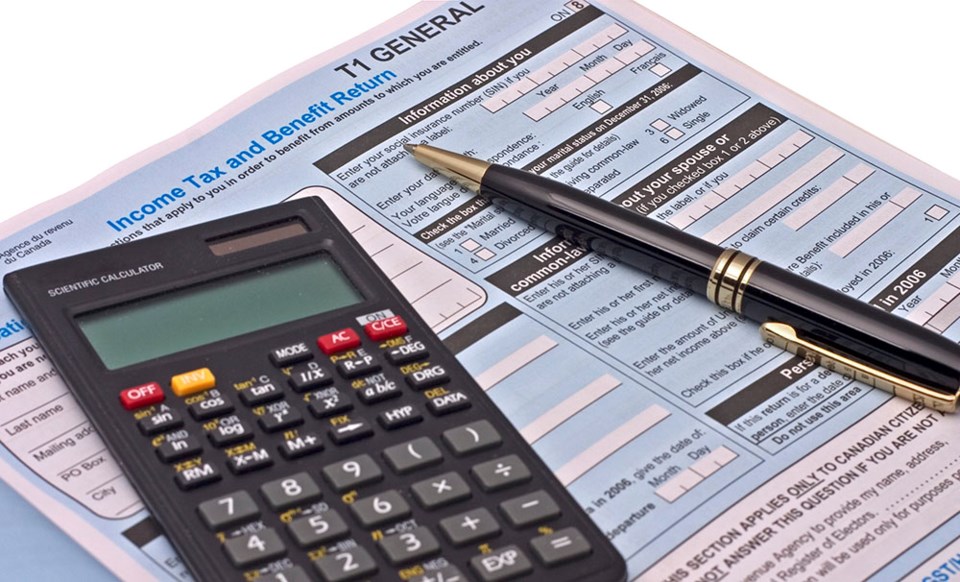There has been a lot of talk and straw and camels’ backs this month as Burnaby businesses get hit with a wave of taxes and bills from government during the past few weeks.
On May 15, the deadline arrived for registering for the new Employer Health Tax. This new tax was created under the auspices of replacing Medical Services Plan premiums on individuals. However, if that is truly the case, then the business community struggles to understand why the tax will bring in over half-a-billion-dollars more than is needed to replace the MSP each and every year. And that’s not to even mention the double-dip this year when businesses are required to pay both the new Employer Health Tax and the old MSP premiums for their employees.
The Employer Health Tax is a hit to the bottom lines of local businesses both big and small. Just in the past week, my colleagues and I have heard from a small, family business which owes $2,800 in new taxes this year, and a large employer that will face a tax bill in the tens of thousands of dollars, leaving less money for both to invest in new staff, skills training, or equipment.
Property tax bills have also started hitting the mailboxes and inboxes of Burnaby businesses these past weeks, and some will undoubtedly be in for a shock.
As I’ve written here before, this is largely because BC Assessment values properties based on their “highest and best use” and not what they are currently used for.
Under the current system, the value of a property can skyrocket if BC Assessment believes it could be redeveloped into a condo tower or some other project, regardless whether the actual use of the property has changed. These high assessments then cause problems for local businesses when property taxes are calculated at the local level, leading some to face incredibly high tax bills. Imagine the frustration of a local business having to pay tax based not on their actual business, but on a potential, or you could say imaginary, redevelopment.
Again, just in the past few weeks I’ve met with one business owner who is awaiting a property tax bill he expects to be in the hundreds of thousands of dollars and which may force the business to relocate. In my mind, no local business should be pushed to move or forced to close because of a tax bill.
Lastly, on June 1, the minimum wage was increased by $1.20 to $13.85 per hour, adding yet another increased cost. Few Burnaby businesses begrudge the minimum wage getting to $15 per hour over time. Our members, when surveyed, were in favour of it. But they are concerned with the knock-on effects to the rest of the wages along the pay scale.
When the minimum wage is increased quickly, as it has been recently, businesses face pressure to make increases to the rest of the wage scale, inflating labour costs across the board and impacting even those businesses that don’t actually pay the minimum wage. This is a part of the minimum wage conversation I rarely hear.
In the end, Burnaby businesses are resilient and can and will weather tax increases. However, we should remember that taxes don’t occur in isolation, and as costs are layered upon one another the cumulative impact can create a real headwind for business success. After all, it is the last straw that breaks the camel's back.
Paul Holden is president and CEO of the Burnaby Board of Trade.



